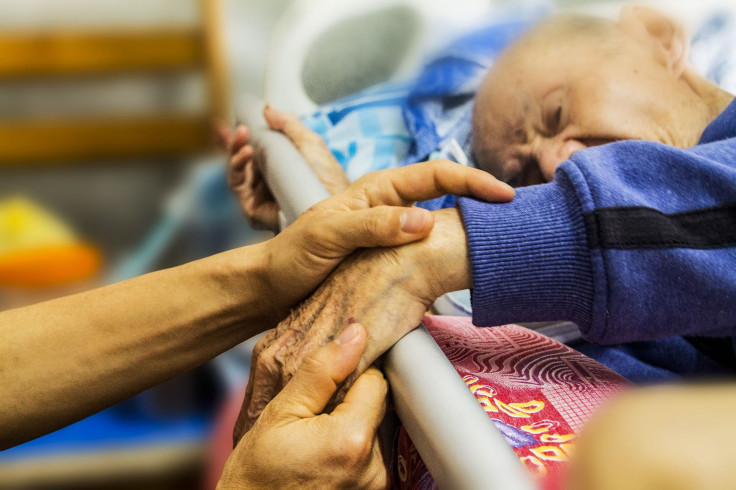Soaringly High Number of Older Adults Readmitted To Hospitals With Same Infections They Took Home

Usually, about 15% of older adults who were hospitalized tend to get readmitted within a month after getting discharged. But a recent study suggests that a soaringly high number of people return for infections that preexisted or those which were treated during their stay at the hospitals.
More importantly, it says that older patients discharged to home or home care were more likely to return to the hospitals with a linked infection compared to those discharged to skilled nursing homes.
“We found that as many as 5% of patients leaving the hospital with an infection have readmission for that preexisting infection--that's bad," said the study’s lead author Geoffrey Hoffman, Assistant Professor, University of Michigan School of Nursing.
The team of researchers sought to examine Medicare records for more than 318, 000 hospital discharges of older patients (aged 65 and more). Their findings suggested that about 2.5% of them got readmitted to hospitals due to linked infections.
Clostridioides difficile was found to be the most common organism causing these infections which caused roughly 5% of such readmissions. It is a potentially deadly microorganism that causes colitis, urinary tract infection, diarrhea, etc.
The researchers opine that although the readmission rates appear small, it is important to note the context. He also emphasizes that it is important for hospitals to know how to treat these infections efficiently and be aware of the fact that the patients had the infection.
“Presumably, they've been treated for the infection since the hospital has already billed Medicare," Hoffman said. "Readmissions shouldn't be zero, but they should be much closer to zero."
The study also reported that patients discharged to home or home care were 38% more likely to get readmitted compared to those who went back to skilled nursing homes. The study highlights the fact that there are gaps in self-care for older patients who get discharged to be sent home with an infection from the hospital. This implies that home health care agencies aren’t all that efficient with infection control and patients going home without home health care probably require better training.
So, how do patients and their family members prevent such readmission? Hoffman says, “Be your own best advocate and ask questions until discharge instructions are clear”.
© Copyright IBTimes 2024. All rights reserved.






















